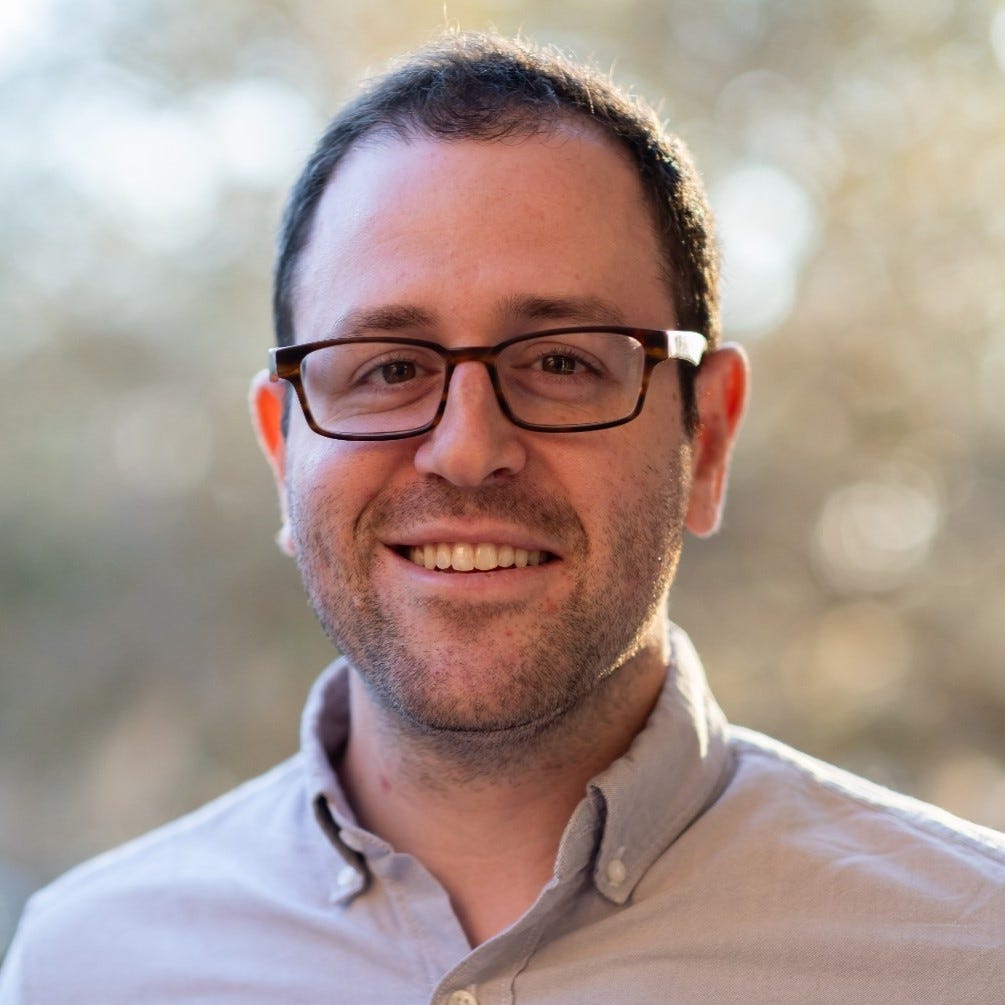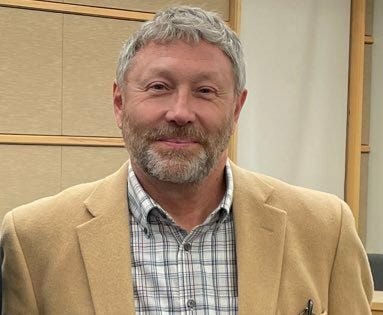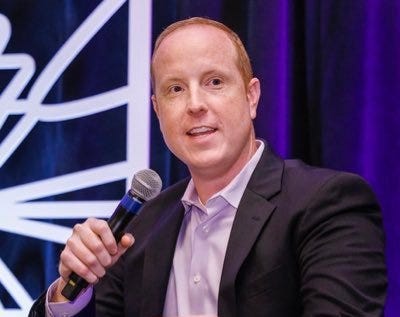Conserve freedom
FreeCons champion an American Right that can win and govern
Are American conservatives ready to help lead our great country? Recent events offer mixed evidence.
Around the country, conservative governors, lawmakers, and local officials have reformed their tax codes, slashed red tape, expanded parental choice and competition in education, and made their communities safer, healthier, and more attractive places to live, work, invest, and form families.
In Washington, too, conservative legislators and policymakers have in recent weeks made welcome progress on tax reduction, deregulation, and border security. But the Trump administration, cheered on by National Conservatives and other voices on the populist Right, has also launched a costly and counterproductive trade war — which from now on we’ll call an anti-trade war at the suggestion of our fellow Freedom Conservative, economist Roy Cordato.
Americans generally agree with tax reform, regulatory reform, school choice, and other FreeCon policies. They generally disapprove of the president’s new import taxes.
Freedom Conservatives recognize that many of America’s greatest challenges can’t be met unless political leaders are willing to take risks and do hard things (such as reforming entitlements).
But on tariffs and trade, Americans have it right. They insist on the freedom to buy legal goods and services from the suppliers of their choice — just as their forebears castigated King George III in the Declaration of Independence for “cutting off our Trade with all parts of the world.”
FreeCons commit ourselves to conserving that freedom, among many others, for future generations of Americans.
Today, we feature signatories to the Freedom Conservatism Statement who venerate the American Founding and seek to apply its principles to today’s policy priorities.
Speech isn’t conduct
Tal Fortgang is a legal policy fellow at the Manhattan Institute and a regular writer for such publications as Commentary, National Affairs, and National Review. A FreeCon signatory, Fortgang has also published legal scholarship in the NYU Journal of Law & Liberty and the Texas Review of Law & Politics.
In a recent article for City Journal, he criticized Instagram’s removal of the account of a pro-Hamas organization based at Columbia University.
“The decision is rooted in the same confusion that characterizes our national conversation about speech, accountability, and addressing anti-Western elements,” Fortgang wrote.
“Instead of letting truth collide with falsehood and allowing sunlight to disinfect our discourse,” he continued, Instagram blocked Americans from hearing “extremists in their own words.”
The homicidal hatred exhibited by Hamas and its supporters in the Western deserves condemnation and opposition, he argued, but it is important to distinguish between “consequences for unlawful conduct and counterproductive restrictions on expression.”
“Removing students occupying quads or pouring cement down toilets does not implicate protesters’ speech rights,” Fortgang concluded. “Enforcing rules against lawless conduct does not deprive the public of its ability to hear radical groups’ views.”
By contrast, Instagram’s intervention “confuses objectionable speech with harmful conduct” and makes it harder to hold the pro-Hamas group “accountable in the court of public opinion.”
Watchers on the Wall
Tom Giovanetti is president of the Institute for Policy Innovation, a Dallas-based think tank, and a regular columnist for the Fort Worth Star-Telegram. He also contributes regularly to such outlets as The Washington Times and FoxNews.com and is a FreeCon signatory.
In a recent IPI post, Giovanetti compared the imagery of the great Wall of the North in Game of Thrones to the famous parable of Chesterton’s Fence — and argued that the Right has an obligation to defend American institutions from reckless attack.
“Progressives believe that, if we just tear everything down, something better will naturally appear in its place,” he wrote.
“Conservatives, on the other hand, understand that the jungle will always grow back if you don’t keep it at bay. That civilization is a construct that has been built over thousands of years by blood and brains and science and thought and experience, and we should be very careful before we tear down the institutions of society as part of the progressive project.”
“Change isn’t wrong, and conservatives aren’t simply defenders of the status quo. But the conservative impulse can be summed up by: Before you tear down that fence, maybe find out why it was put up in the first place?”
Let it flow
Shoshana Weissmann is director of digital media and resident fellow for technology and innovation at the R Street Institute. A FreeCon signatory, Weissmann previously managed digital communications for Opportunity Lives and The Weekly Standard.
In a recent article for The Dispatch, she pointed to the rise of artificial intelligence as a jolt to the labor market — and occupational freedom as a necessary and timely response.
“The world is learning in real time that AI is a transformational technology that brings with it new needs, particularly when it comes to U.S. infrastructure and our electrical grid,” she wrote, but “America might not be producing enough electricians to build and service the data centers that power AI.”
While politicians may seek to subsidize more trade school capacity to train electricians, Weissman argued that there are simpler and more effective ways to address the need.
“Like many professions, electricians are overregulated — and many of those regulations do little to protect consumers,” she wrote. “Modest licensing reforms can ensure that AI data centers have the personnel they need.”
Recommit to principles
Vance Ginn is an economic consultant, staff economist at Americans for Tax Reform, and a FreeCon signatory. He formerly served in the Trump White House as associate director for economic policy.
In a recent speech to the Philadelphia Society, Ginn argued that America had reached another “revolutionary moment” — one that “does not require a new set of principles.”
“Instead, our revolution demands a radical recommitment to those timeless founding principles. Unfortunately, modern conservatism sometimes drifts dangerously toward big-government solutions disguised as populism or nationalism.”
On trade policy, for example, conservatives “shouldn’t blame foreign nations for our own policy failures,” he said. “Tariffs simply raise costs by hiking taxes on American families' purchases of imported goods, hurting exporters and consumers.
“I posit that our real challenge isn’t China — it’s our bloated federal government in Washington.”
“Consider government spending. Our national debt now surpasses $36 trillion, equating to over $280,000 per household. This reckless fiscal path isn’t merely irresponsible accounting — it’s an outright war against our children’s economic future.”
In the mix
• Donald J. Boudreaux, a FreeCon signatory and professor of economics at George Mason University, is one of the organizers of “Reaffirming America’s Prosperity: A Call to Reject Harmful Tariff Policies.”
Signed by hundreds of economists and other social scientists, this newly released statement described the Trump administration’s tariff policies as injecting “uncertainty and chaos into the global economy through wildly fluctuating rates and ever-changing orders.”
“Cumulatively, they impose the largest tax increase on trade in almost a century. The proponents of tariffs portray these measures as acts of ‘economic liberation.’ Instead, tariffs invert the principles of liberty that ushered in an American-led age of human freedom and prosperity.”
FreeCons who are also signatories to the anti-tariff statement include the previously mentioned Roy Cordato and Vance Ginn, Robert Lawson of Southern Methodist University, Mike Munger of Duke University, Williamson Evers of the Independent Institute, Samuel Gregg of the American Institute for Economic Research, Joel Griffith of Advancing American Freedom, Catherine Pakaluk of Catholic University, John Phelan of the Center of the American Experiment, Fernando Teson of Florida State University, and Scott Winship of the American Enterprise Institute.
• In The Hill, FreeCon signatory Jack Salmon urged readers not to be misled about the primary drivers of the federal government’s chronic fiscal imbalances.
“Sixty-seven percent of the 2050 deficit comes from growth in mandatory spending programs — mainly out-of-balance entitlement spending — while the remaining 33% is due to growth in interest payments on the debt,” wrote Salmon, a research fellow at the Mercatus Center.
“By far the largest mandatory spending program driving this trend is Medicare, which is forecast to grow to nearly 7% of GDP in the coming 30 years.”
• In The Wall Street Journal, FreeCon signatory Paul Winfree called on Congress not only to authorize work requirements for able-bodied Medicaid recipients but also to reform current reimbursements that give states more federal dollars for these recipients than for the disabled and elderly.
“Though this defies common sense, reform won’t come easily,” wrote Winfree, president of the Economic Policy Innovation Center and a former budget official on Capitol Hill and in the first Trump administration. “Insurers, hospitals, and other special interests that are profiting from this arrangement will doubtless oppose meaningful change.”
“The moral case for reforming Medicaid must include correcting these warped incentives, closing funding loopholes and refocusing resources on those truly in need.”




